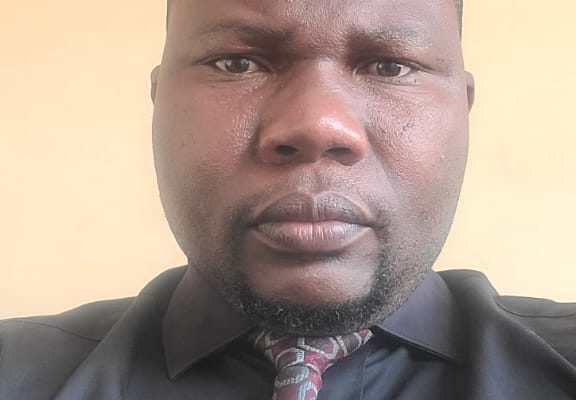
The Dowa District Council, with financial and technical support from its partner Self Help Africa (SHA), has developed the Water, Sanitation and Hygiene (WASH) Blue Print Strategic and Investment Plan (DSIP 2024-2028 to guide the planning, implementation and monitoring processes in the WASH Sector.
In August 2022 the Council and wider stakeholders in the district and Self Help Africa (SHA) with their donor Charity; Water came together to set a vision for WASH services in the district that by 2028, the district should be able to sustainably ensure that at least basic access to potable water supply and sanitation to all.
The DSIP for Dowa seeks to mobilize K23,379,523,000, 13,352,098 US Dollars to guide investments and actions in WASH over 5 years (2024-2028) as it strives to achieve sustainable, universal and resilient WASH access in communities, schools, health care centres and other public places.
Speaking during an alignment meeting of WASH interventions to DSIP held at MANAC Lodge in Dowa, the council’s Acting Chief Planning Officer, Yusuf Laki, said the Dowa DSIP is key to contributing towards the national agenda outlined in the Malawi 2063 under Enabler 5 on Human Capital Development.
Laki said the council had developed this WASH DSIP as a step towards the realization of SDG 6, which promotes the provision of sustainable and universal water supply, sanitation, and hygiene services, saying the investment in WASH will require the collaboration of both Governmental and Non-Governmental actors.
He said the council undertook a range of district-wide surveys on Water, Sanitation and Hygiene to understand the WASH situations to address such gaps, saying the DSIP also includes a disaster risk plan, resource mobilization, marketing and monitoring plan to help raise funding to operationalize it.
The officer said the DSIP development process held a series of workshops involving stakeholders from national, district and community levels capturing an overview of the current status of WASH in the district.
“With the development of the DSIP, there is a potential to ensure further coordination and harmonization of WASH sector investments in the district through a unified overarching plan to which sector actors can work,” said Laki.
In her remarks, the District Water Development Officer for Dowa, Fanny Muwula, thanked WASH partners for working together in WASH systems, advising all to share whatever they are doing in the communities to enhance cooperation, transparency and accountability.
The alignment of WASH interventions to the DSIP interface meeting was held under the theme, “Delivering Sustainable and Resilient WASH Services for Productive Human Capital Development”.














